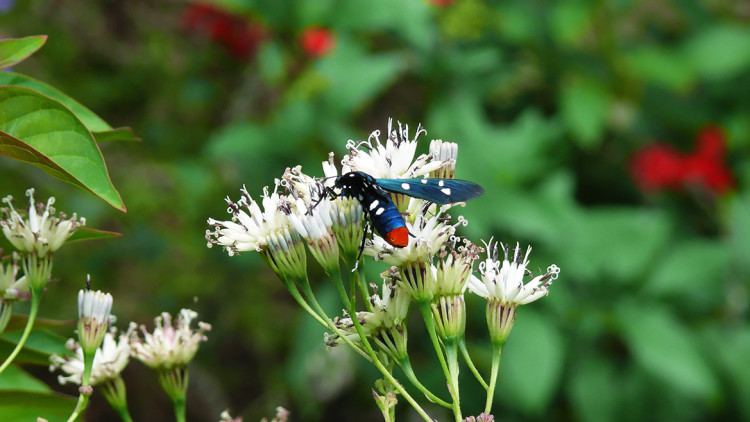MDC Professor Frank Coro, a world expert on the auditory system of moths, teaches students much more than they could ever learn from a textbook. He instills them with the knowledge for conducting their own scientific investigations that will benefit them far beyond their time at MDC.
“The issue is not that you do research but how you do it,” said Coro, whose findings on moths have been published in more than 30 international journals during his extensive career.

“The methodology includes how to find the animals in nature, how to look for data by recording their emissions with a computer and an ultrasonic microphone, how to process the data and how to make conclusions,” he said.
Once students learn proper research techniques, an entire world of potential discoveries opens up before them.
“To put it another way, if a music teacher can teach a student to play one symphony, then, in the future, he or she knows how to approach mastering any symphony,” said Coro, who has been at MDC for six years but has been studying moths since the 1970s in Cuba.
His current research project at MDC’s Department of Natural and Social Sciences at InterAmerican Campus is being financed by a grant from STEM OASIS through the U.S. Department of Education, with additional funding from MDC’s School of Science.
Gretert Montano, Yisel Frometa, Rosario Rodríguez and Orlando Benavides are the MDC students currently doing the research, and the group’s goal is to understand the mechanisms taking place inside the nervous system of the moth Syntomeida epilais, also known as the polka-dot wasp moth, that allow them to respond to outside stimuli.
The students recently had the opportunity to present their findings at the University of Miami’s 22nd annual Neuroscience Research Day, where MDC was the only two-year college invited to attend.
